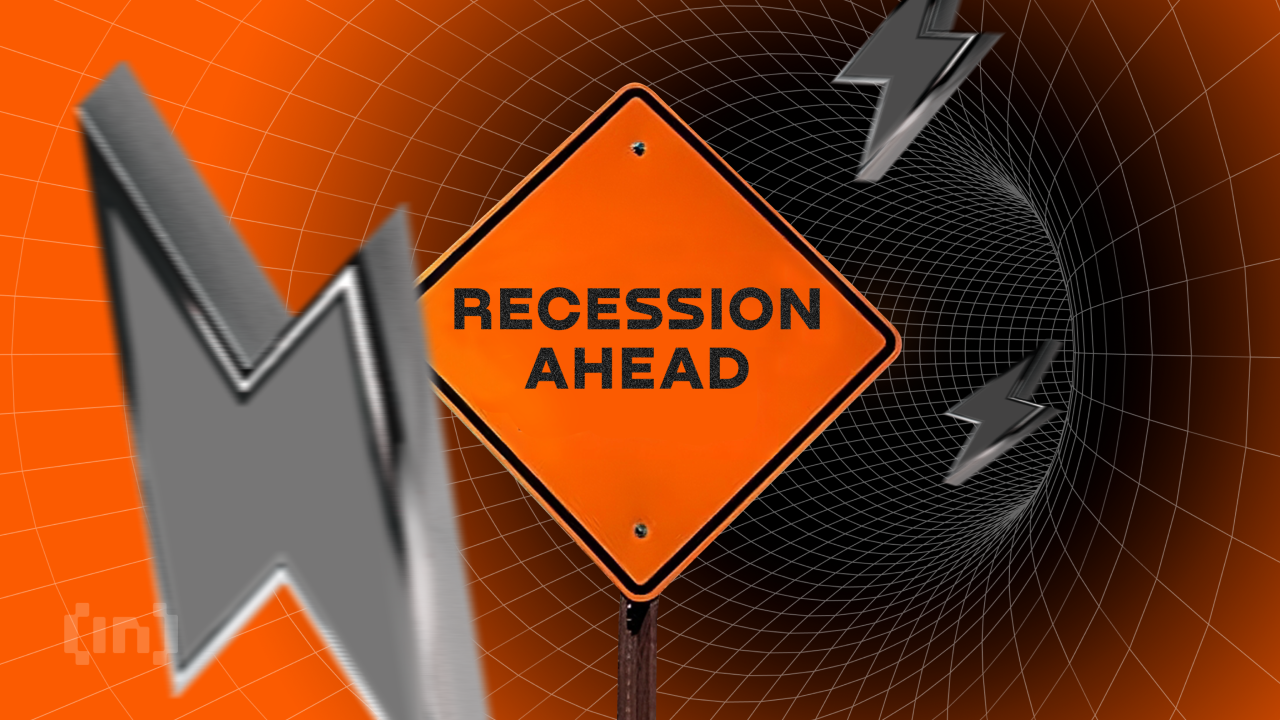
As economic indicators point toward a potential US recession, the ripple effects are being closely monitored by financial analysts and cryptocurrency enthusiasts alike. If you’re invested in crypto markets or considering entering, understanding the relationship between an economic downturn and digital assets is crucial. Let’s explore the key warning signs of a potential recession and how it could impact the cryptocurrency landscape.
Key Indicators of an Upcoming Recession
The US economy faces mounting pressure, with three significant warning signs fueling recession fears in September 2025. These indicators include a stalled job market, declining construction spending, and consumer pessimism.
1. Slowing Job Market
In August, US nonfarm payrolls added just 22,000 jobs compared to expectations of 75,000. This marks a sharp decline, with healthcare and social assistance claiming 86% of job additions, leaving other sectors lagging. Additionally, long-term unemployment has surged, hitting 1.9 million individuals—its highest level in four years. This rise in joblessness signals a fragile economy heading into turbulent waters.
2. Steep Decline in Construction Spending
Construction spending saw a 2.8% year-over-year drop in July 2025, one of the steepest since the 2008 financial crisis. Monthly declines in construction expenditures for 10 of the last 11 months indicate waning confidence in housing, commercial projects, and infrastructure. Fewer investments in these critical sectors often serve as an early warning of economic downturns.
3. Consumer Pessimism
A recent Wall Street Journal–NORC poll revealed that only 25% of Americans believe they have a good chance of improving their living standards, the lowest rate since 1987. Nearly 70% expressed doubt in the American Dream, marking a significant decline in economic optimism. This growing pessimism reflects broader economic unease and underscores recession risks.
Why a Recession Could Pressure Cryptocurrency Markets
Cryptocurrency, often classified as a high-risk asset, is highly susceptible to economic downturns. During a recession, investors typically seek safety in assets like gold, government bonds, or stable currencies, creating liquidity drains from speculative markets.
Take Bitcoin (BTC), often considered the gold standard of crypto. While its limited supply and decentralized nature provide long-term appeal, a recession may trigger short-term sell-offs as investors become risk-averse. Additionally, tighter lending and rising borrowing costs during recessions leave less capital available for speculative investments such as altcoins or niche tokens.
Opportunity Amid Challenges
Despite the challenges, financial downturns often foster innovation. Bitcoin’s original success came amidst the 2008 financial crisis when distrust in traditional banking systems grew. Over time, similar pressures could revitalize Bitcoin and its appeal as a safe haven, particularly for investors skeptical of fiat currencies.
Pro Tip: Diversify with Stablecoins
As markets grow uncertain, stablecoins like Tether (USDT) can provide a bridge between crypto opportunities and reduced volatility. By securing part of your portfolio in stablecoins, you can weather market fluctuations without exiting the digital asset space entirely.
Final Thoughts
While the US faces mounting economic challenges, its potential recession will undoubtedly impact the cryptocurrency landscape. By understanding key economic indicators and shifting your investment strategy proactively, you can mitigate risk and position yourself for long-term growth in the dynamic digital market space.
For further insights into financial trends and crypto strategies, explore our curated resources and stay updated on market developments.






